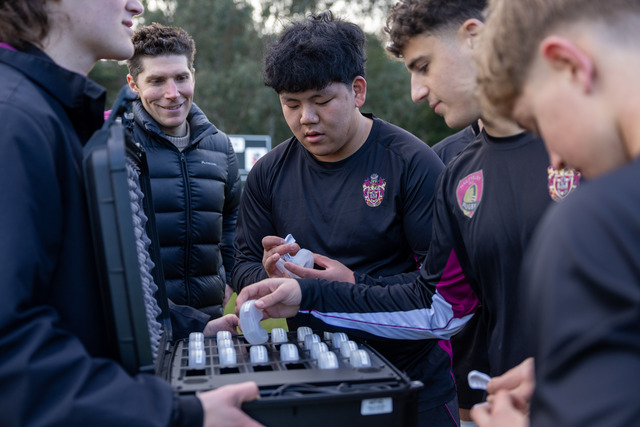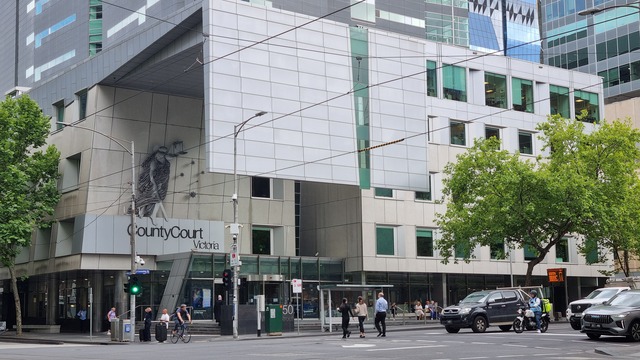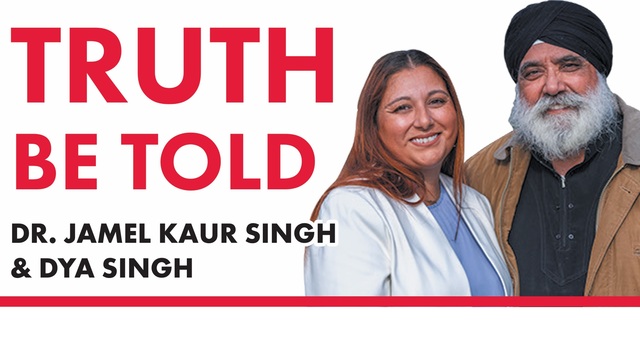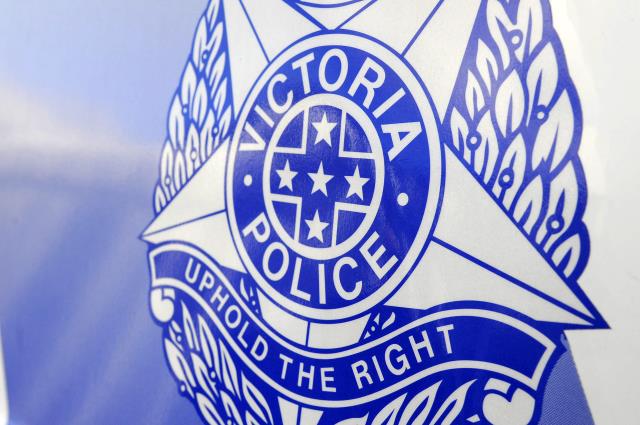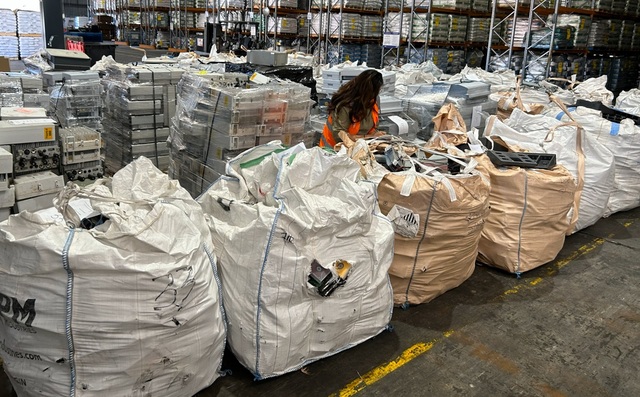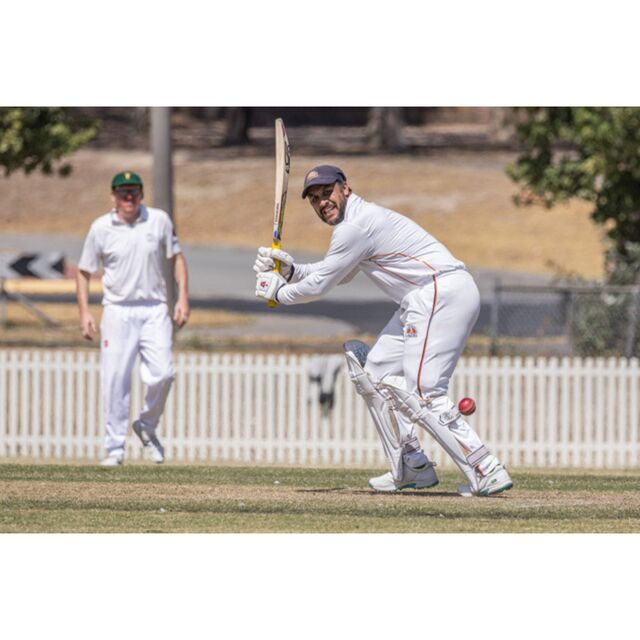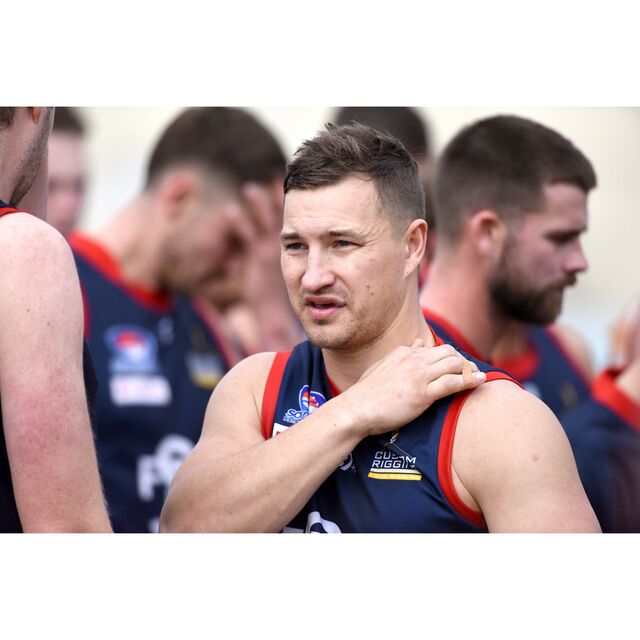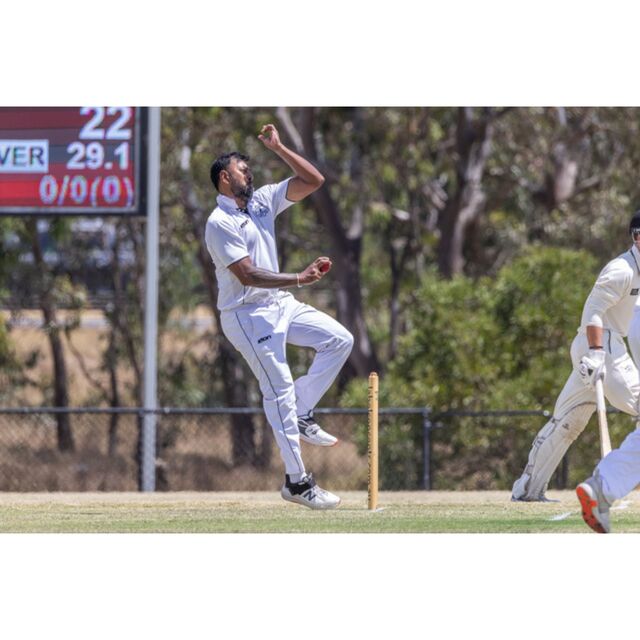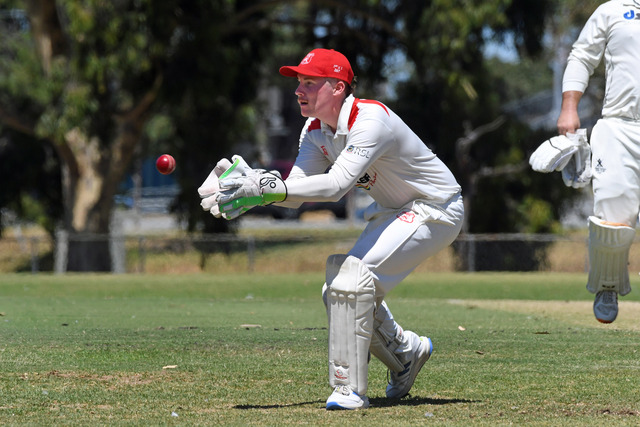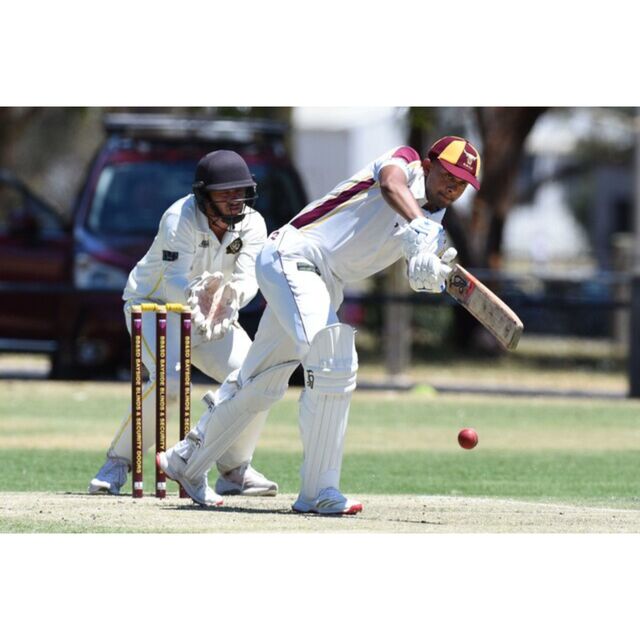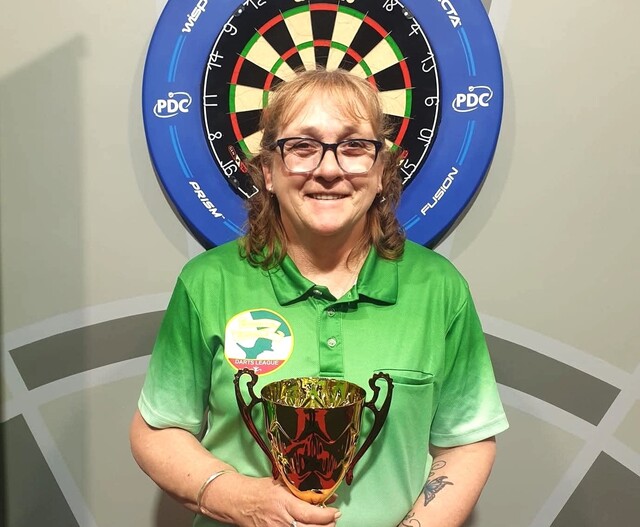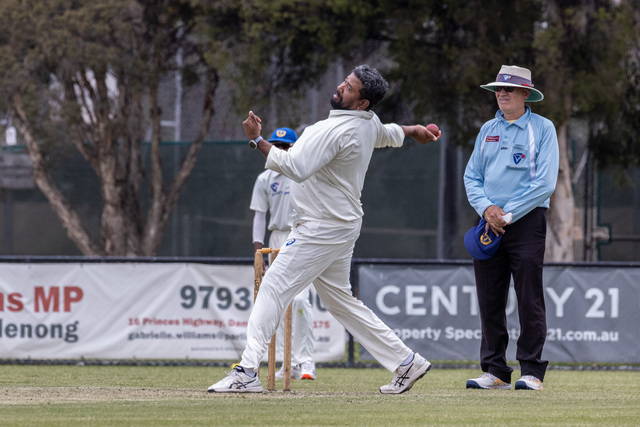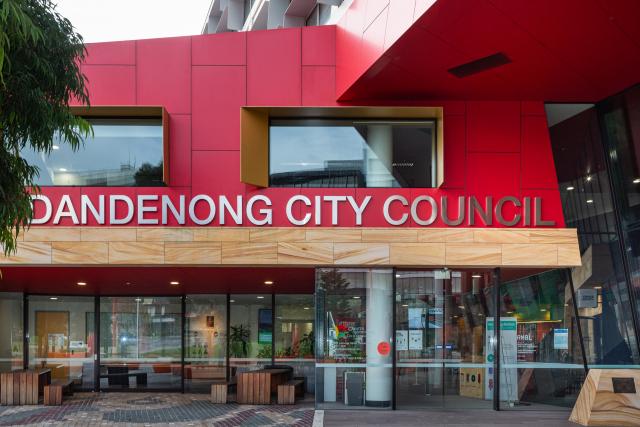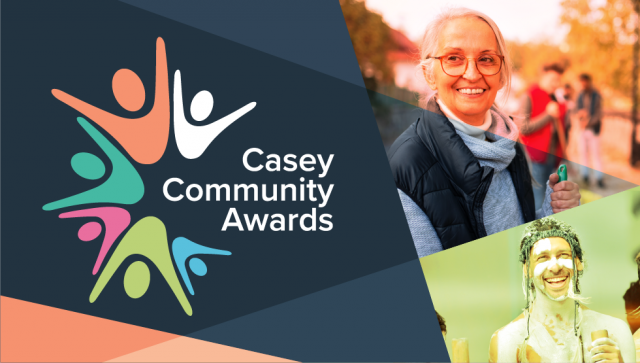Young rugby players on Haileybury’s rugby team are being monitored using high-tech mouthguards with special sensors to better identify and manage concussions.
In an Australian first study, researchers and neuroscientists from Deakin and Monash universities are working with the college’s First XV Rugby team in using data to identify players who may have experienced concussion and need further assessment or rest.
Researchers are also using advanced neuroimaging or brain scans, and blood tests to identify specific biomarkers in blood that may help diagnose concussion.
Researchers plan to monitor the team for the next two to three years.
Aidan Ryan, Head of Rugby at Haileybury, says the school is excited to be part of this important research project that will help protect the brain health of young athletes who play contact sports.
“This is new and vital research that will enhance our understanding of concussion and concussion management.
“Haileybury already has a strict concussion management policy, but this research is part of a bigger picture of how to best manage concussion and head injuries in all young people.
“The students and their families have been very keen to be involved with the research and the data being provided by the mouthguards has already been very useful this season. We’ve been able to monitor the number of impacts for each player and understand who to keep a check on and who to rest.”
He says the school will be able to integrate the special mouthguard after the completion of the research on a longer run.
Each player on the team have been fitted with a bespoke mouthguard that incorporates a range of sensors that measure the force of any head impact experienced during games or training.
At the end of each training session or match, the data from each mouthguard is synced to an iPad and the data is analysed.
The rugby players are also wearing wristbands to monitor their sleep patterns as there is some evidence that healthy sleep may be protective against some effects of concussion or head impacts.
Dr Spencer Roberts, a researcher in Sleep and Athlete Health from Deakin University’s Centre for Sport Research, says the ground-breaking research is vital to learn how we can more accurately and swiftly diagnose and treat young people with concussion.
“Many people in our communities who play collision sports are young people with developing brains.
“However, at the moment, we don’t know a lot about how their brain responds to head impacts, and diagnosing concussion remains a very subjective process.
“We think many young people are not being diagnosed when they should be and, even when a concussion is diagnosed, players are often returning to sport too early, which can put them at greater risk of further injury and long-term consequences,” he said.
“This research is at the cutting-edge, we’re using new and emerging techniques and technology to provide some answers for a very important issue.”
He says while professional athletes are actively monitored and managed, it’s important athletes in the community or at grassroots level, particularly young people, are also diagnosed and managed effectively.
During the rugby season, players will also have blood tests and MRI scans of their brain.
“With the blood test, the long-term goal is to develop an objective diagnostic test that can be used to determine when someone has been concussed,” Dr Roberts explains.
“Our research is also looking at whether there are cumulative effects of non-concussive impacts because, eventually, we think we’ll be able to determine when a player’s cumulative impact exposure warrants them being sidelined for some rest.”
Researchers also hope to generate evidence that supports the value of sleep-promoting interventions such as educating young players of the importance of sleep to help protect their brain health.

